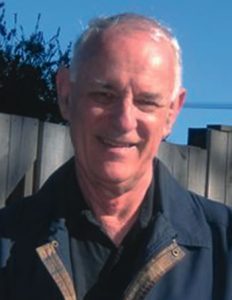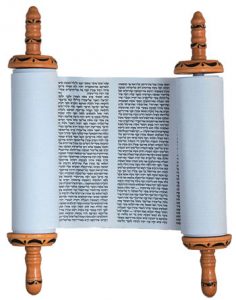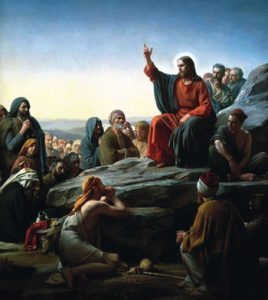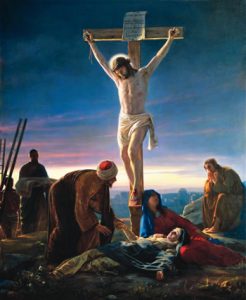Who are you, Jesus? (2)

Fr Tom Ryan
‘Our Wisest and Dearest Friend’- Part 2
Considering ‘who are you Jesus?’ in the December Messenger, we took part of the phrase from Aquinas that Jesus is our wisest and dearest friend. This month, let’s consider our wisest friend.
We all have times when something happens, or we are confronted by a decision, and are not sure what to do. We mull it over, sleep on it. More often than not, we seek advice from someone we know, whose judgement we respect.
It’s not a matter of how educated the person is. Some of the best counsel comes from people with plenty of experience and who, importantly, have learnt from it – a grandparent, a pensioner living next door. It could even be a child or a teenager who is wise beyond their years.
In every culture, there are those who are singled out as wisdom-people. They are the ‘sages’ of a community, those who have attained wisdom - the aim of ancient Greek thought. One of its philosophers, Aristotle, said that if you want to know what is the right or wrong thing to do, ask someone who is wise.
Jesus - the Way of Wisdom
Where does Jesus fit into all this? In Matthew’s Gospel, we find a picture of Jesus as the new Moses, the one who embodies and realises the Torah in Himself. To translate Torah as the ‘Law’ can be misleading. Also, we must remember that the Torah, in the Scriptures, is a gift from God, not a human achievement.
So, in that context, a better word to describe the Torah is the ‘Way’ – in two senses. First, this is the ‘Way’ to go, namely, the road we need to take if we are to arrive at the destination we’re made for, namely, God and happiness.
Second, this is the ‘Way’ to live, the ‘know-how’ required if we are to walk successfully the road that leads to God.
What about Jesus? Remember how He talks of needing the ‘Law and the Prophets’ until their purpose is fulfilled’? What does He mean? Following the Torah, especially the ten commandments, in the time before Jesus, took people so far. What was needed for the ‘Way’ to be fully realised, and possible, for humans? The Beatitudes - yes, but these point to two underlying realities.
First, there is the divine promise in Ezekiel (36:26) about the gift of a new ‘heart of flesh’ whereby we can live from inner conviction and the action of God within us through the Spirit. In other words, not from an external model but from a source that is personal and deep inside ourselves.

Jesus as the new Moses:
The Sermon on the Mount, Carl Heinrich Bloch, 1877
Second, the Torah is not only a path and the ‘know-how’ to walk it. A ‘wise’ or good life is not just about imitating external models -- such as prophets, holy people -- about where to walk and how to live. The Torah’s purpose is fulfilled in the person of Jesus who identifies with us and is not just an external model we imitate. Jesus is the gift of the Torah, par excellence. Through divine grace, we share a life and ‘put on the mind of Christ.’
Jesus rightly says He is “the way, the truth and the life.” If we want to know how to live, the right or wrong thing to do, we not only can ‘ask’ or look to Jesus, the wise person. We actually share in the divine wisdom.
God’s Image and Likeness
In his person, Jesus is the embodied expression of divine wisdom. He is the “image of the invisible God,” and we humans are made “in the image and likeness of God.”
Let’s take the second phrase. The word ‘image’ does not mean a sort of manufactured likeness, a reflection of something else or someone else, like a photo or a painting. In Scripture and theology, ‘image’ denotes participation, a sharing of something, or with someone, from within. So, to say we are made in the image of God, it means we somehow share in God. That refers to divine life, but also that we are beings made to be in relationships and grow through them – as in God.
Again, the ‘image’ in humans refers to being rational beings. We are like God, and somehow share in the capacity to know and to love and grow in these. But, importantly, we are like God in our freedom. We are meant to realise our destiny as knowing and loving beings by free choice. We are like God in that we come to be fully ourselves, not out of necessity, but by being self-directing.

Christ at the Cross,
Carl Heinrich Bloch, 1870
We choose to become who we are called to be, namely, bearers of the wisdom of Jesus.
But there’s a catch. It is the crucified Jesus who fully reveals true wisdom. How? Precisely as divine love’s ‘foolishness’. Here, Jesus is, most truly, our dearest and wisest friend.
 Entries(RSS)
Entries(RSS)